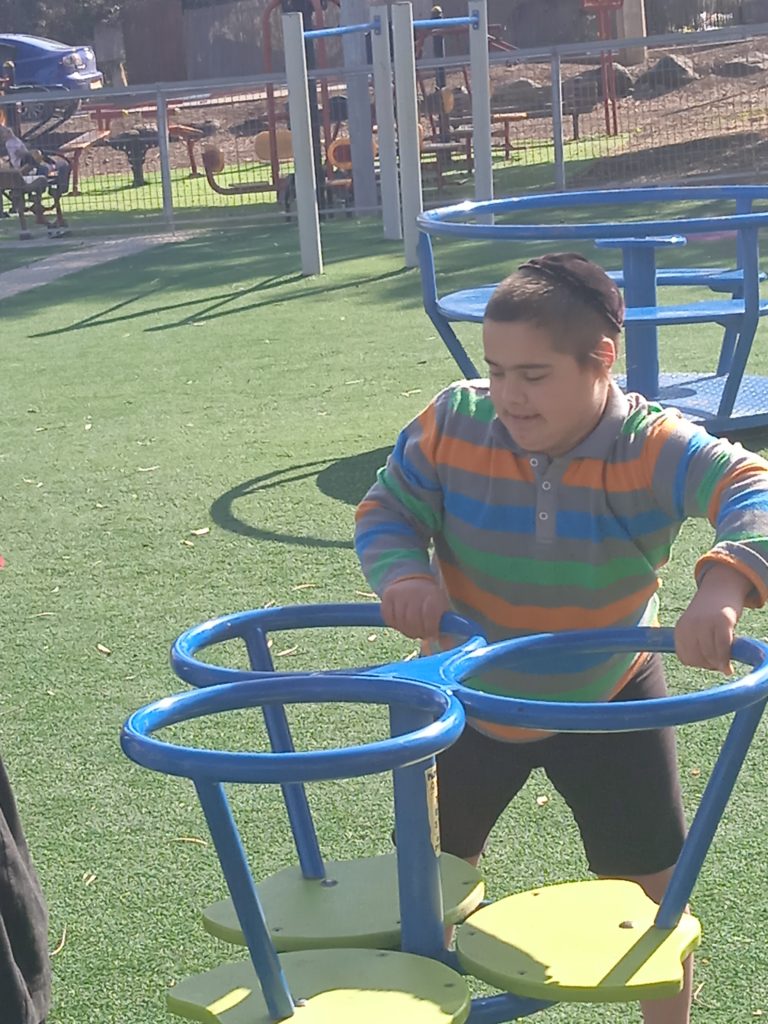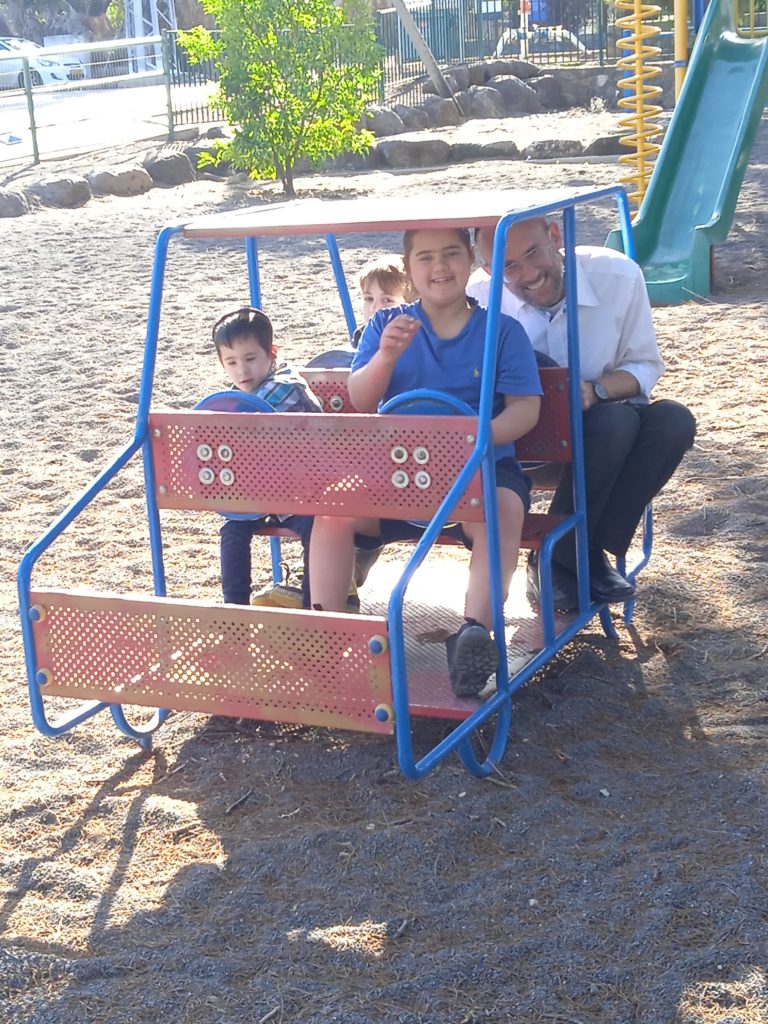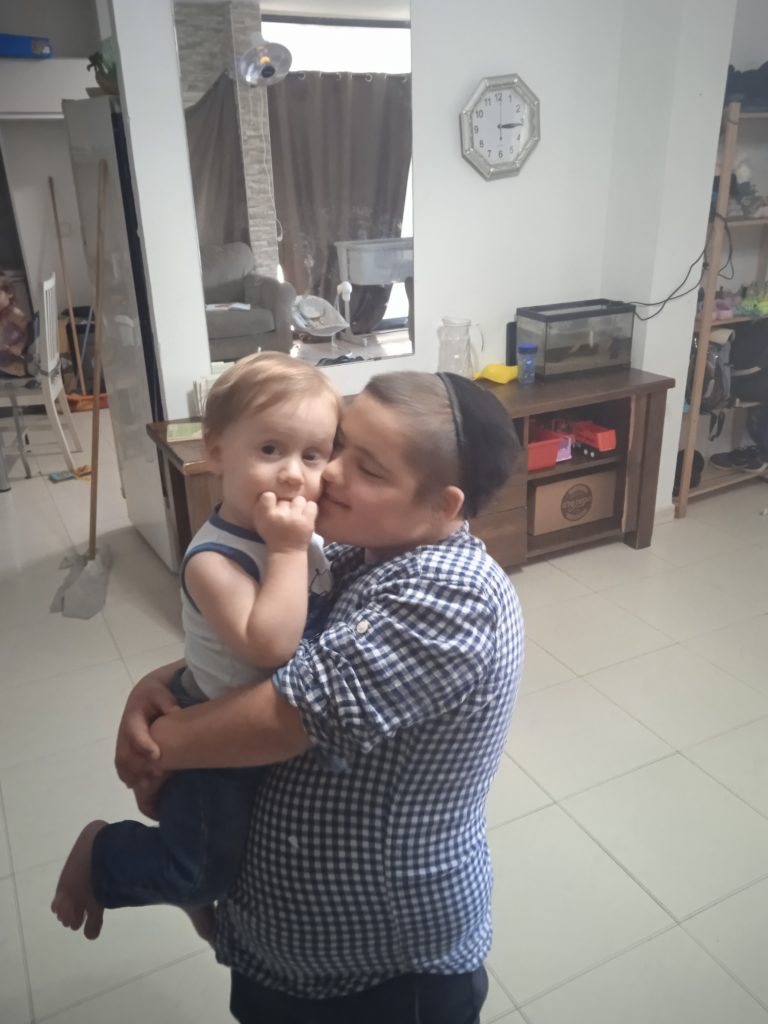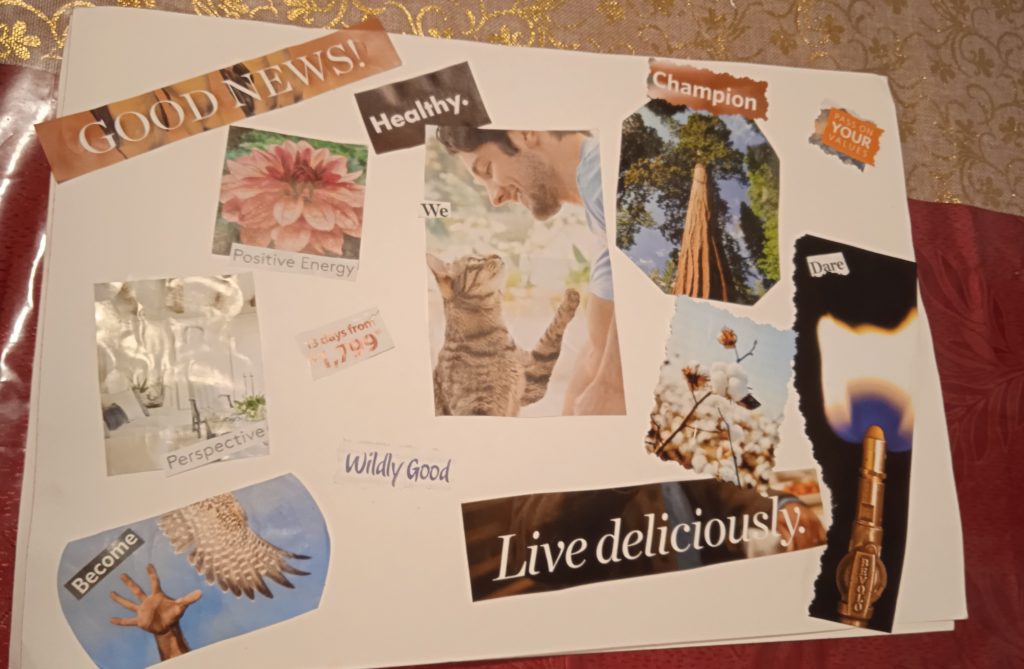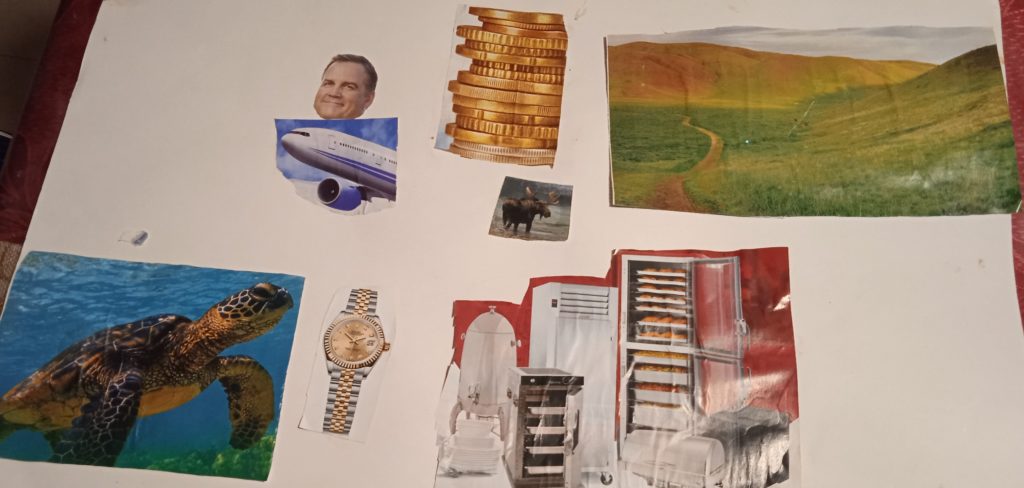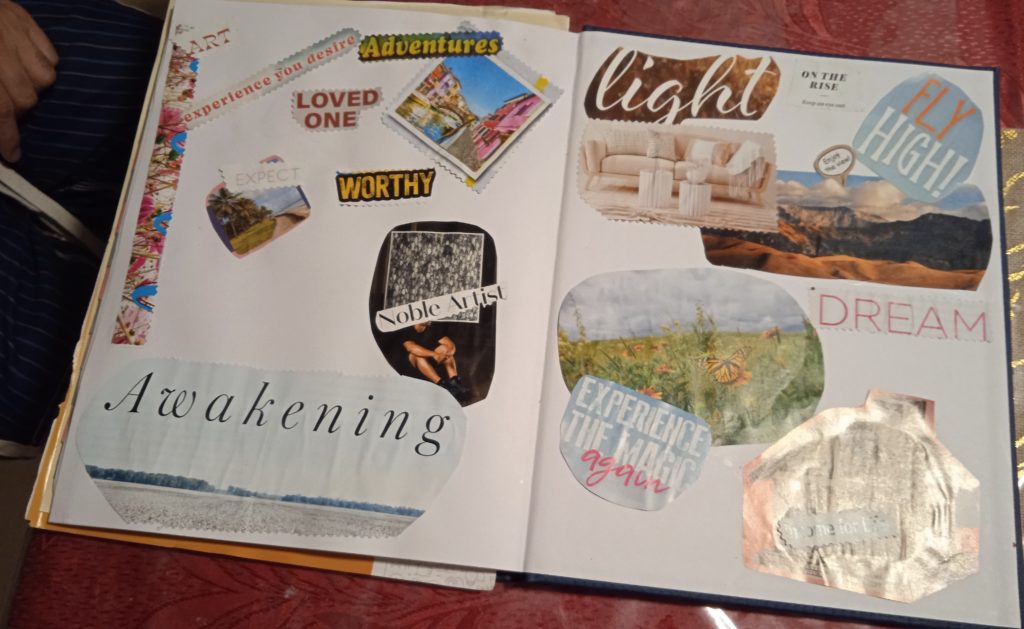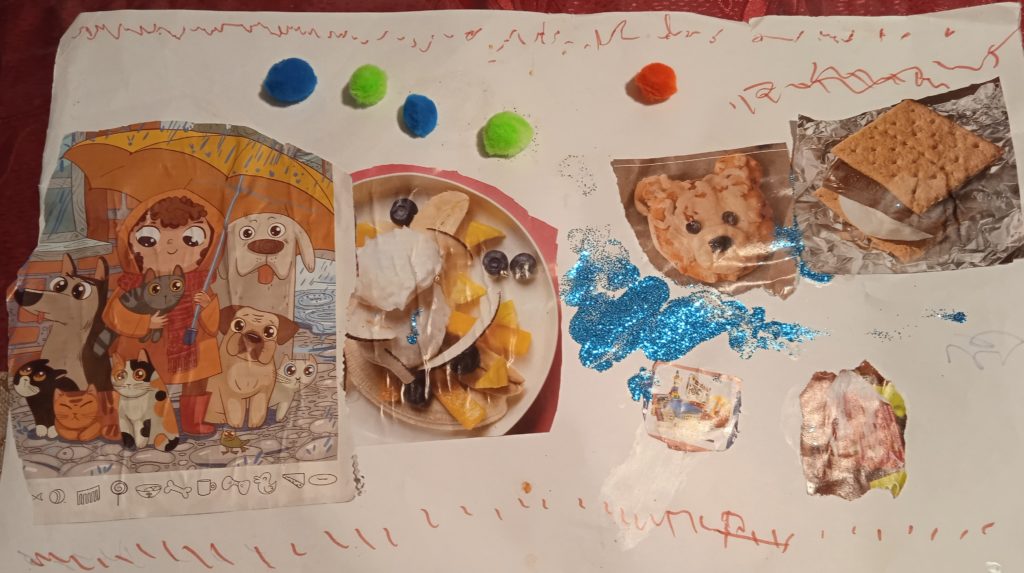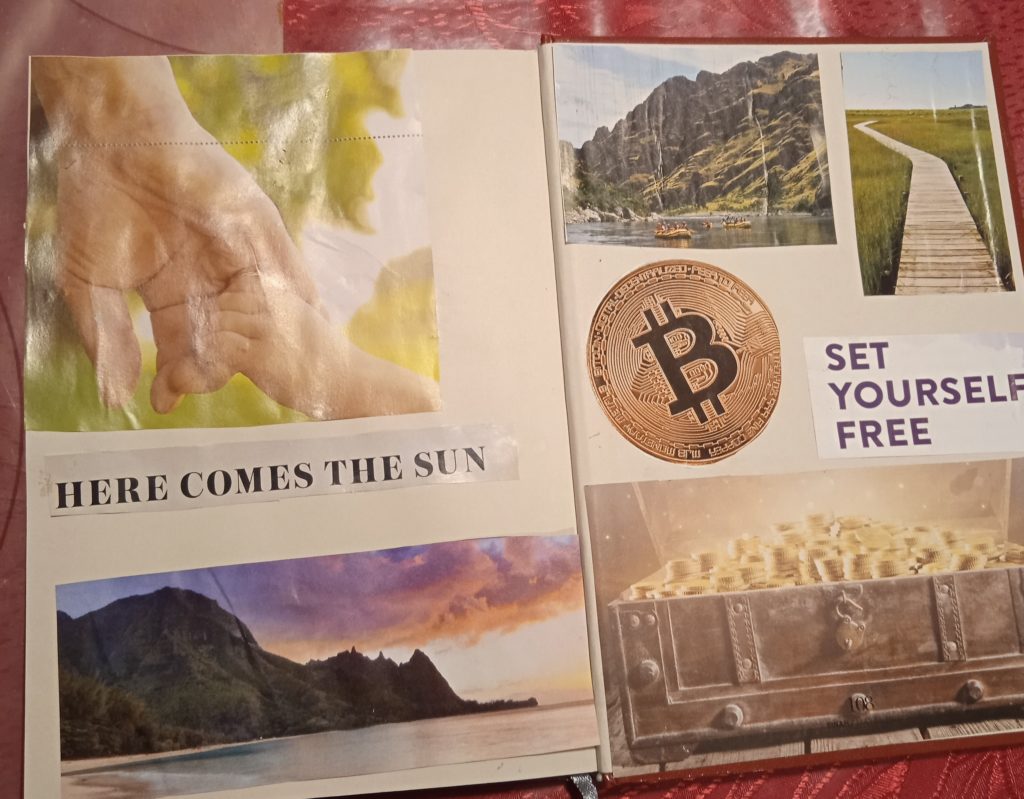Some time ago, a long time reader sent a private message to me and commented that she felt that my posts have recently have a tone of fear that she didn’t see in the past.
I was bothered by this comment, very bothered. I especially value the feedback of those reading here for a long time and take it seriously, and have taken a long break from blogging while I contemplated the various aspects of this comment, the possible intentions, my intentions, etc.
Blogging is a challenging thing. A blogger chooses to open up and share about his thoughts, his life, his interpretations of events….and obviously it’s not possible for everyone reading to accurately sense the emotion that is behind the writing. And even if they could, everyone isn’t going to agree with all that they read.
That’s fine. As nice as it is to get positive feedback and to know that I’m writing in a way that resonates with others, it’s unrealistic to expect that others will always like and agree with everything I say.
I’ve mentioned in the past that it’s become emotionally constraining for me to communicate in the technologically censored world we have shifted to in the last two years. So many things can no longer be said, or no longer feel safe to say, that I tend to close up and don’t write about many, many things on my mind.
I was fortunate to encounter the internet in its earlier days, when it was a much more open place than it is now, and in hindsight I can see how unique a time it was. For me, the loss of that space and the freedom to connect with others in a deeply authentic way is something I mourn. Mainstream media has always been censored to some degree, and perhaps it’s to be expected that the censorship has caught up on the internet. Whether I should be bothered by it or not, the reality is it’s a very, very different climate than what existed when I began blogging almost 16 years ago. I can say with absolute certainty that I would never have begun blogging at this time in history.
How to continue to communicate amidst this shift has been an internal struggle; it’s a hard thing for someone who perceives transparency and truth as paramount values, to stay silent about important issues.
When so little is being said in the mainstream media about a topic, I’m aware that I may be seen as creating an issue that doesn’t exist by mentioning it. I’m not a gloom and doomer; I don’t enjoy talking about negative things and that’s not where I want to focus my energies. I prefer to focus on the good things in the world, which is part of my decades long gratitude practice.
However, I also don’t want to practice toxic positivity. There’s a spiritual principle that by putting our attention on something, we can cause it to increase or be drawn to us, and naturally one doesn’t want to draw negativity to one’s self. To many that means not acknowledging when negative things are happening, instead trying to ignore it and pretend it doesn’t exist.
For me, that doesn’t work. What does work is to acknowledge the situation that is triggering fear, recognizing what aspect makes me fearful, then taking steps so that I don’t feel fearful. The steps can be spiritual or physical, and for me usually are both.
If I write about those topics here, it’s usually after doing this work inside myself. For example, I didn’t write about food shortages until I felt inner calm about it. When I did bring up that topic, it was with the intention to encourage others to take a concrete and positive action and thereby create a buffer for themselves.
Am I creating fear by mentioning a topic of concern? Possibly. Who wants to hear someone say that the world isn’t rainbows and unicorns? Honestly, I shy away from bad news and prefer not to hear it, so I understand anyone else who does the same. However, it was because I felt so concerned over a year ago that I began to look more deeply into economics and other related topics. I choose to look current world events in the eyes because I prefer not to cower under my emotional covers by pretending the bogeyman isn’t there. And talking about the reality that I see doesn’t mean that I’m fearful.
If I’m sharing something that feels alarming to you, please share in the comments what it is and why. I’ll be glad to share how I found my own inner quiet if I also felt those concerns (chances are high that I did!). And if you’d rather not read that topic, that’s also fine.
Although for the most part I don’t feel fearful and actually am quite positive overall, I can see that my efforts to write in a more roundabout way than in the past on potentially sensitive topics could come across as fearful, because it’s not my usual tone. I think what may have come across wasn’t fear of the topic itself, but hesitancy about how to share about it in this climate that is coming through.
Please continue to share your sincere feedback with me. It’s not always comfortable but that’s how we all grow.
Avivah
